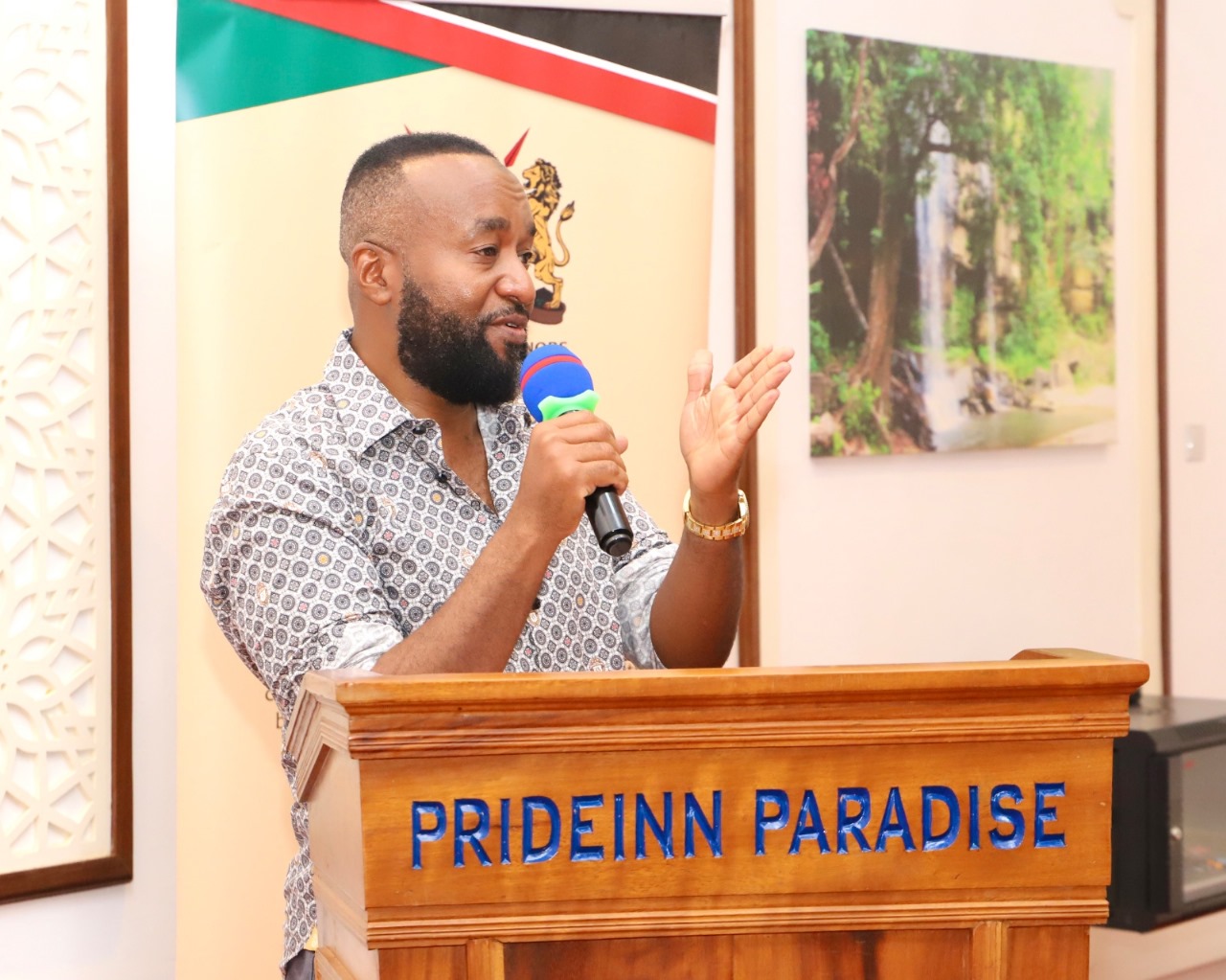
 CS for Mining and Blue Economy, Hassan Joho/FILE
CS for Mining and Blue Economy, Hassan Joho/FILE
In a significant victory for fisheries stakeholders, the Ministry of Mining, Blue Economy and Maritime Affairs and the Council of Governors have agreed to jointly petition Parliament to withdraw the Fisheries Management and Development Bill (2023).
Instead, they will champion a fresh, inclusive review process that better reflects stakeholders' input.
This was after a high-level presentation on Tuesday by the Lake Victoria Aquaculture Association at a meeting of the CoG Blue Economy Committee in Mombasa, chaired by Governor Paul Otuoma.
CS for Mining and Blue Economy, Hassan Joho, attended the meeting and supported the call to rethink the current legislative process.
“We are fully aligned with the view that the legal framework governing our fisheries and aquaculture sectors must be forward-looking, inclusive and practical,” Joho said.
He added, “What we must avoid is a disjointed patchwork of outdated laws. This process deserves the careful attention of all stakeholders.”
This decision follows months of coordinated advocacy by the LVA Association, a membership body launched in late 2024 to serve as a unified platform for aquaculture stakeholders.
In early April, the association convened a high-level roundtable in Kisumu, bringing together over 40 experts and stakeholders to review the proposed Bill.
The participants unanimously resolved that the Bill is flawed and must be withdrawn.
On April 7, the association formally wrote to the Clerk of the National Assembly, urging Parliament to suspend the Bill and launch a comprehensive and inclusive legislative review.
The letter highlighted several serious concerns, including the Bill’s replication of outdated 2016 provisions, the lack of a guiding national aquaculture policy, the failure to recognise aquaculture as a distinct economic sector and insufficient provisions for devolution and stakeholder participation.
The body also submitted a detailed memorandum outlining the Bill’s technical and policy weaknesses, with particular emphasis on its potential to stifle innovation, investment and inclusive growth in aquaculture.
As a direct result of this advocacy, the ministry and CoG have now committed to the formation of a Joint Working Group that will oversee a new, transparent and collaborative drafting process.
The resulting legislation will then be introduced to Parliament for consideration.
According to Pete Ondeng, secretary to the LVA Board, this is a huge step forward for everyone who depends on a thriving and well-governed fisheries sector.
“We commend the ministry and the Council of Governors for listening to stakeholders and for showing leadership in charting a better path forward.”
He added that the association will continue to work closely with stakeholders, government institutions and development partners to ensure the new legislative process is inclusive, evidence-based and anchored in Kenya’s constitutional and development priorities.








